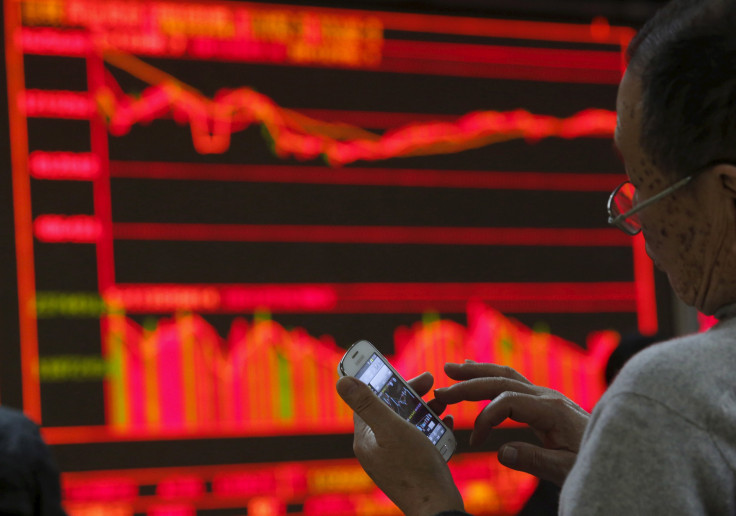Chinese Stocks Sell-Off — Is there Anything Worth Buying?
Chinese stocks have been in a perfect storm in recent months.
It started with the crackdown of Chinese government regulators against large technology companies that have been a threat to the country's state-owned enterprises. Then, it killed the entrepreneurial drive of these companies and the momentum they enjoyed among domestic and foreign investors. That's how the first wave of sell-off in these shares began.
And then came pressure from the U.S. and Chinese regulators over the auditing of Chinese companies, which have their shares listed in major U.S. exchanges. The two sides do not agree on how these audits should be conducted.
"The U.S. regulators are asking for more oversight of U.S.-listed Chinese firms," said Quo Vadis President John Zolidis. "Their interest is to protect U.S. investors and ensure fair functioning and integrity of U.S. markets. However, the U.S. regulators must also answer to political overbosses. The Chinese regulators want to guard Chinese companies' technology, consumer data and trade secrets. We believe China regulators are also sensitive to the perception of sovereignty over Chinese companies. This creates resistance to permitting U.S.-based auditing firms unfettered access to the books of Chinese companies as requested by the U.S. regulators."
Apparently, markets didn't like the rift between the two sides, fearing that Chinese companies may be delisted from U.S. exchanges. Thus, the second sell-off in Chinese companies extended to almost every listed company.
According to a Reuters report published last week, the American and Chinese sides may be close to a compromise.
"In our view, there is enough common ground and shared interest here to support a compromise resolution," said Zolidis. "U.S.-based investors want access to Chinese companies, and Chinese companies want access to U.S.-based capital. Accordingly, we see a compromise being reached that serves regulators in both markets and maintains existing U.S. listings for the vast majority of Chinese companies. We believe this will be the most likely outcome."
That would ease the selling pressure, and help the market turn around.
Is there anything worth buying?
Zolidis likes Yum China Holdings (YUMC), which has been under additional pressure because of the COVID-19 lockdowns. The fast-food restaurant chain is now trading back to levels first hit in May 2017.
"In 2017, YUMC had $7B in revs. Then, $1.2B in EBITDA and 6k company-operated stores," Zolidis explains. "In 2022 [still hurt by COVID] YUMC will have $12B in revs, $1.4B in EBITDA, and 11k company-owned stores. So, essentially, the stock price is back to where it was five years ago even though the business has nearly doubled."
Gurufocus.com assigns an intrinsic value of $53.24 per share, well above the current market price of $39 per share, after Tuesday's rally.
Benjamin Graham, the "father" of security analysis, would probably have taken an interest in Yum China, provided that he would be prepared to assume the regulatory risks associated with Chinese stocks.
Panos Mourdoukoutas owns shares of Yum China.

© Copyright IBTimes 2024. All rights reserved.












